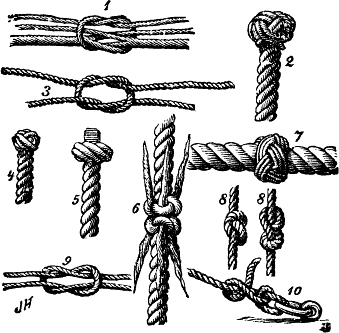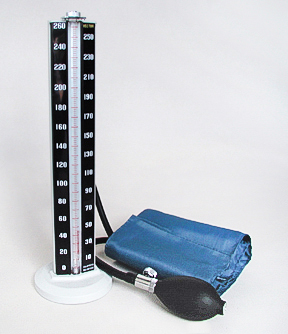Oxford Uehiro Prize in Practical Ethics: Is prohibition of breast implants a good way to undermine harmful and unequal social norms? by Jessica Laimann
This essay, by Oxford graduate student Jessica Laimann, is one of the two finalists in the graduate category of the inaugural Oxford Uehiro Prize in Practical Ethics. Jessica will be presenting this paper, along with three other finalists, at the 12th March final.
Is prohibition of breast implants a good way to undermine harmful and unequal social norms?
1 Introduction
Some individuals decide to inflict harm on themselves. Examples range from smoking or fasting, up to self-mutilation or suicide. In liberal moral theory, paternalistic interventions, that is, interventions with an individual’s choices for the individual’s own good, are considered prima facie morally wrong. Clare Chambers agrees with the liberal presumption against paternalism. However, she argues that some self-harming choices do permit interference due to the circumstances in which they occur. These are choices made in the context of unequal and harmful social norms, which fulfil the following three conditions (see Chambers 2008, 265):
- The practice is significantly harmful to the individuals who engage in it.
- Individuals engage in the practice in order to attain benefits which are norm-dependent – the benefits are linked to engagement in the practice only in virtue of social conventions.
- The social norm that links the practice to the benefits undermines social or political equality.



 e first St Cross Special Ethics Seminar for Hilary Term.
e first St Cross Special Ethics Seminar for Hilary Term.